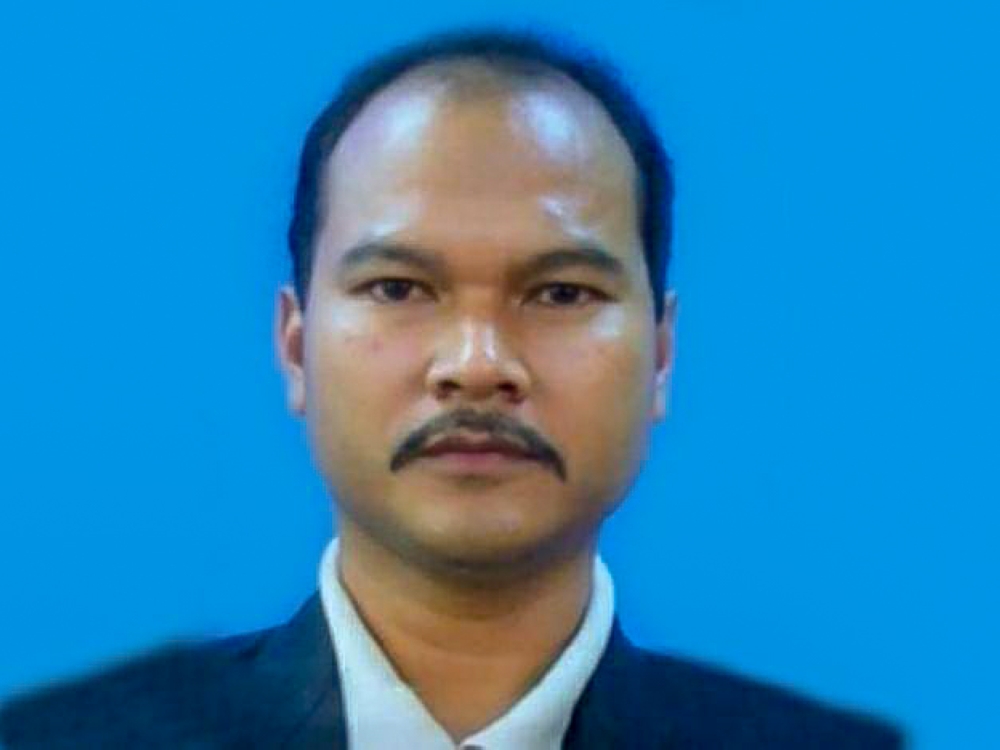NOVEMBER 27 — Former police commando Sirul Azhar Umar’s interview with broadcaster Al Jazeera, which was aired on its 101 East programme has received much media coverage.
In what was called as a world exclusive, Sirul spoke from Australia, protested his innocence and claimed he was a scapegoat.

Sirul was said to have spoken out for the first time.
But, it wasn’t for the first time that Sirul protested his innocence and claimed he was a scapegoat.
He did it at his trial. When his defence was called at the end of the prosecution’s case, he elected to give an unsworn statement from the dock.
An accused person has a right to make an unsworn statement from the dock. The Federal Court in 1969 in Mohamed Salleh v Public Prosecutor unequivocally held this right as being not a procedural right but substantive one and therefore not dependent on any express statutory provision.
It has to be said though that when an accused person elects to exercise his substantive right to make an unsworn statement from the dock, he is not liable to cross-examination from the dock. He accordingly takes this course at his own peril.
In law, a trial judge will not give much weight to what an accused person has said in his unsworn statement as he is not subject to cross-examination by the prosecution nor can he be questioned by the trial judge.
Needless to say, the unsworn statement must amount to a credible defence. A mere denial does not amount to a credible defence.
On Sirul’s unsworn statement, the learned trial judge Justice Mohd Zaki said:
“The law relating to the weight to be attached to the unsworn statement from the dock which is not subjected to cross-examination by the prosecution, is settled – that is, notwithstanding that the weight to be attached to this category of defence may not be the same as one attached to the defence upon evidence on oath, the court must not reject it ipso facto, instead must consider it for whatever it worth having regard to the other evidence available and to see whether the defence has succeeded in casting a reasonable doubt on the prosecution’s case.”
Having heard the submission of both the defence and the prosecution and having considered and tested the defence, the learned trial judge found the defence of Sirul and his co-accused was essentially one of denial, irreconcilable and ambivalent.
Consequently, they failed to raise any reasonable doubt on the prosecution’s case. Justice Mohd Zaki said:
“To respectfully paraphrase the famous words of Thomson CJ in Chan Chwen Kong v Public Prosecutor [1962] MLJ 307, the several strands of physical and circumstantial evidence of the prosecution have remained unrebutted, unexplained and unanswered by both accused persons. The combined strength of those strands of evidence when twisted together has formed two ropes, strong enough to hang each accused person.
“I am satisfied therefore that the prosecution has proved the case against both the first and the second accused beyond reasonable doubt. Accordingly, I find both of them guilty and convicted as charged.”
The conviction was quashed by the Court of Appeal but upheld by the Federal Court. On Sirul’s unsworn statement, Federal Court Judge Suriyadi, who delivered the judgment of the Court, said:
“The statements made by [Sirul] did not carry much weight ... not because it was unsworn, but because his story was inconsistent with the other cogent evidence tendered in court .... [The evidence] totally discredited his unsworn statement .... With a discredited unsworn statement left as a defence, [Sirul] was as good as left with no defence.”
The learned apex court judge continued:
“Perusing the evidence as adduced by the [accused persons], we can safely conclude that the [accused persons] had failed to cast a reasonable doubt on the prosecution’s case. After a maximum evaluation, we are absolutely satisfied, by alluding to the circumstantial evidence adduced by the prosecution of only one inescapable conclusion i.e. the prosecution has successfully proven its case beyond reasonable doubt as per the charge.”
If a trial judge would not give much weight to what an accused person had said in his unsworn statement as he was not subject to cross-examination, should the public give much weight to Sirul’s statements in the Al Jazeera interview?
Sirul gave unsworn statements in the interview as he did in his trial.
*This is the personal opinion of the writer and does not necessarily represent the views of Malay Mail.





















